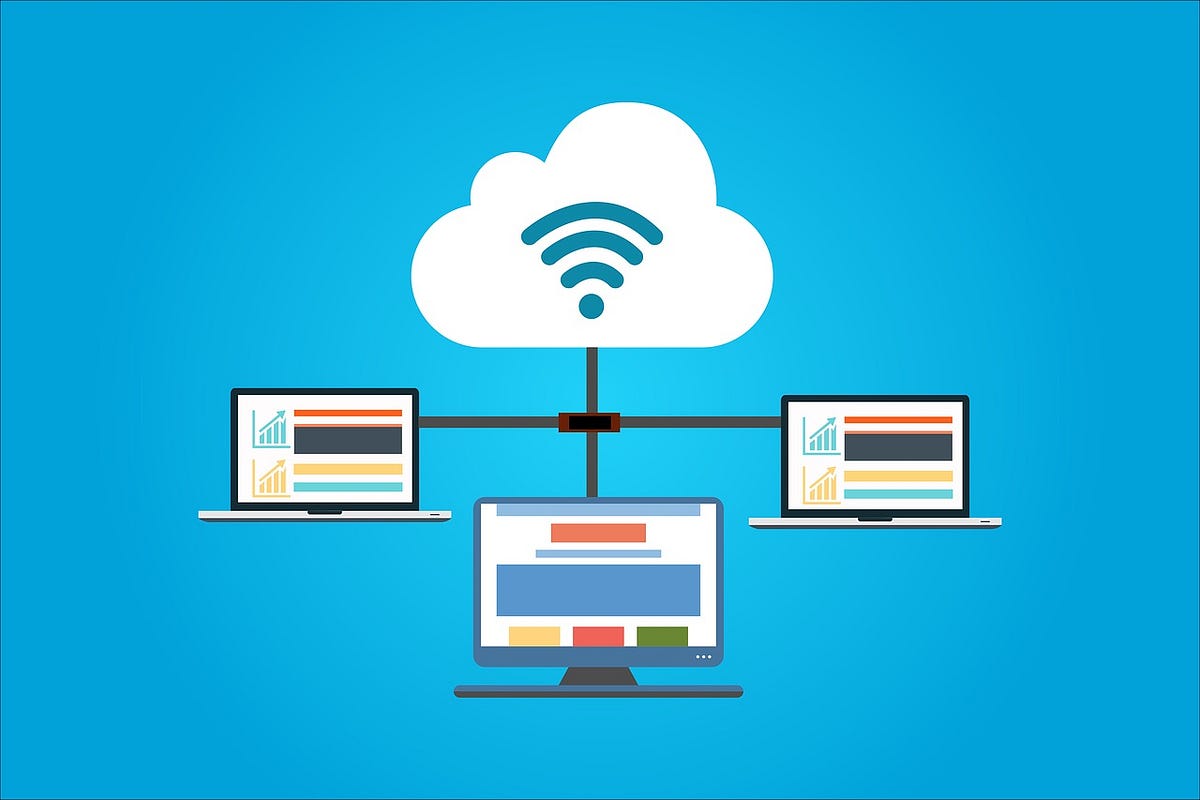With the success of cloud platforms, we’ve seen offerings that allow you to use remote infrastructure as it if was your own (Infrastructure as a Service). We’ve seen offerings allowing you to use different products that make use of remote infrastructure without you having to worry about it (Platform as a Service). And now we also have the ability to go down to the code level(which is amazing by the way) and literally write down functions that get executed, who knows where, whenever we trigger them (Functions as a Service)
In this article, I will quickly go over the top platforms out there that allow you to perform custom computations remotely, or in other words: Serverless Computing platforms.
A Quick Intro: What is Serverless Computing?
Serverless computing is the ability to perform custom computation without you having to worry about where that computation takes place. Of course, there are servers out there (where did you think that code would run on?), but the fact that you don’t have to _think about them, _means you can consider them as non-existent.
And of course, by computation, I mean an actual function you can write. And think about it: in software development, there are times where you need to create whole services just to provide a couple of functionalities, and at the same time, those functionalities are used once in a while, but you still have to have that service up & running 99.9% of the time, otherwise a user might need them and if they fail, then you’re in trouble.
What if, instead of relying on that 99.9% of uptime, you could ensure that whenever you needed that functionality to be executed, a server would be started with everything you need inside it (including your own code) and after the execution was over, said server would be stopped? How much money would you be able to save that way for a service that gets executed maybe 30% of the time but needs to be up 99.9% just in case? That is one of the biggest benefits of a serverless computing platform, you don’t have to worry about the infrastructure, you just need to worry about the code that performs the computation you need.
Interestingly enough, this is not a new concept, in fact, the first serverless service out there was launched in 2006, by Zimki, although it was never a success and eventually closed. The first real winner between 2006 and now is Amazon, who through Lambda, was able to successfully launch and popularize this model of service in 2014. Is it the only one nowadays? Of course not! Like with every other cloud-based service, all major platforms have one, and in this article, I’m going to quickly cover them.
#google-cloud-functions #azure-functions #serverless-architecture #cloud-computing #aws-lambda
